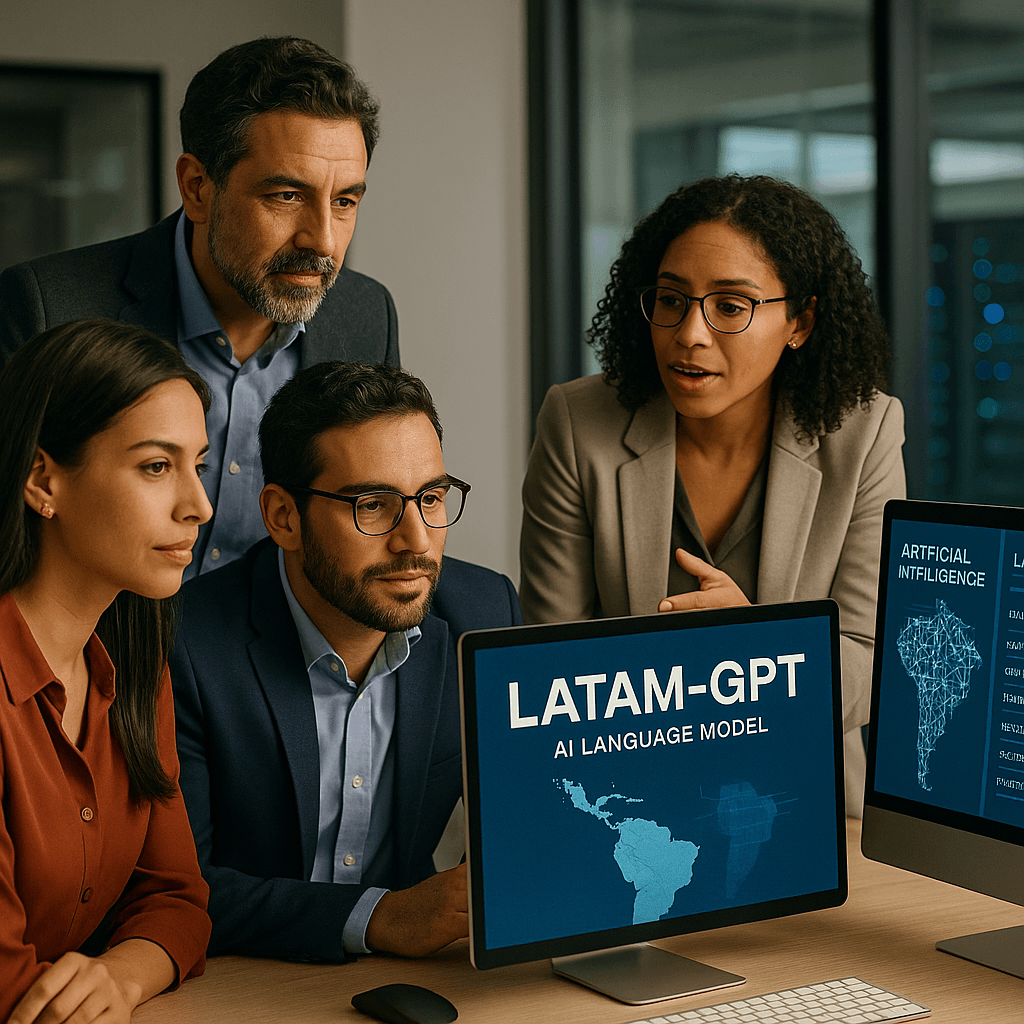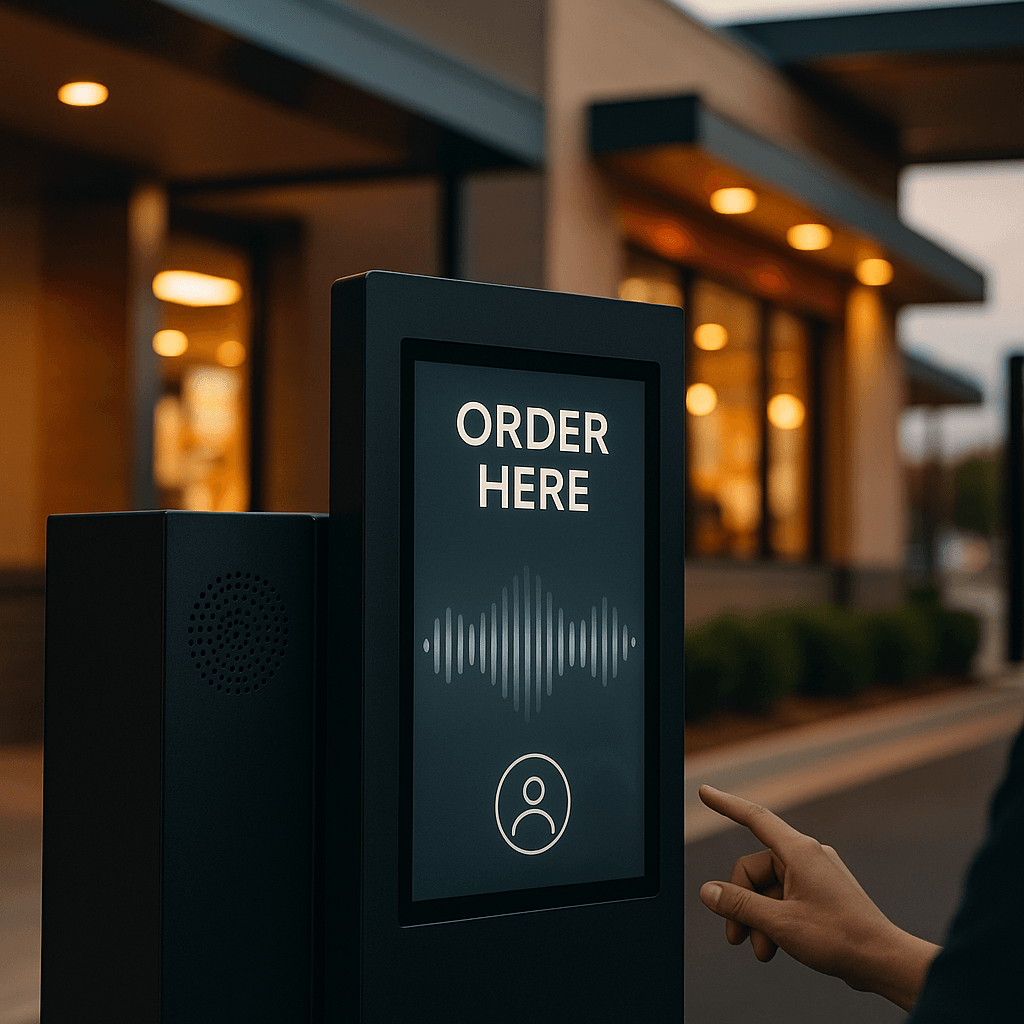AI video generation company Runway is making its biggest strategic pivot yet, building a dedicated robotics team and fine-tuning its world models for autonomous vehicles and robotics training simulations. The $3 billion company's expansion beyond entertainment marks a critical inflection point as AI models find unexpected industrial applications worth billions in market opportunity.
The AI industry just witnessed one of its most significant strategic pivots. Runway, the $3 billion video generation powerhouse that's spent seven years perfecting its creative tools, is now racing into robotics and autonomous vehicles—a move that could reshape how robots learn to navigate the real world.
The shift wasn't planned. According to Runway co-founder and CTO Anastasis Germanidis, robotics companies started reaching out as the company's world models became increasingly sophisticated. "We think that this ability to simulate the world is broadly useful beyond entertainment," Germanidis told TechCrunch in an exclusive interview. "It makes it much more scalable and cost effective to train robotic policies that interact with the real world."
The timing couldn't be more strategic. Traditional robotics training requires expensive real-world scenarios that are slow, costly, and nearly impossible to scale. Runway's world models—the same technology that generates viral video content—can simulate incredibly specific training scenarios that would be prohibitively expensive to recreate physically. "You can take a step back and then simulate the effect of different actions," Germanidis explained. "Creating those rollouts from the same context is a really difficult thing to do in the physical world."
Runway's latest models, including Gen-4 released in March and Runway Aleph launched in July, are being fine-tuned specifically for robotics applications rather than spinning off separate product lines. The company is simultaneously building a dedicated robotics team—a clear signal this isn't just a side experiment.
The competitive landscape is heating up fast. Nvidia dropped its latest Cosmos world models just weeks ago, complete with robot training infrastructure specifically designed to challenge companies like Runway. The chip giant's entry validates the massive opportunity but also intensifies the race for market share in what analysts estimate could be a $50 billion robotics simulation market by 2030.












